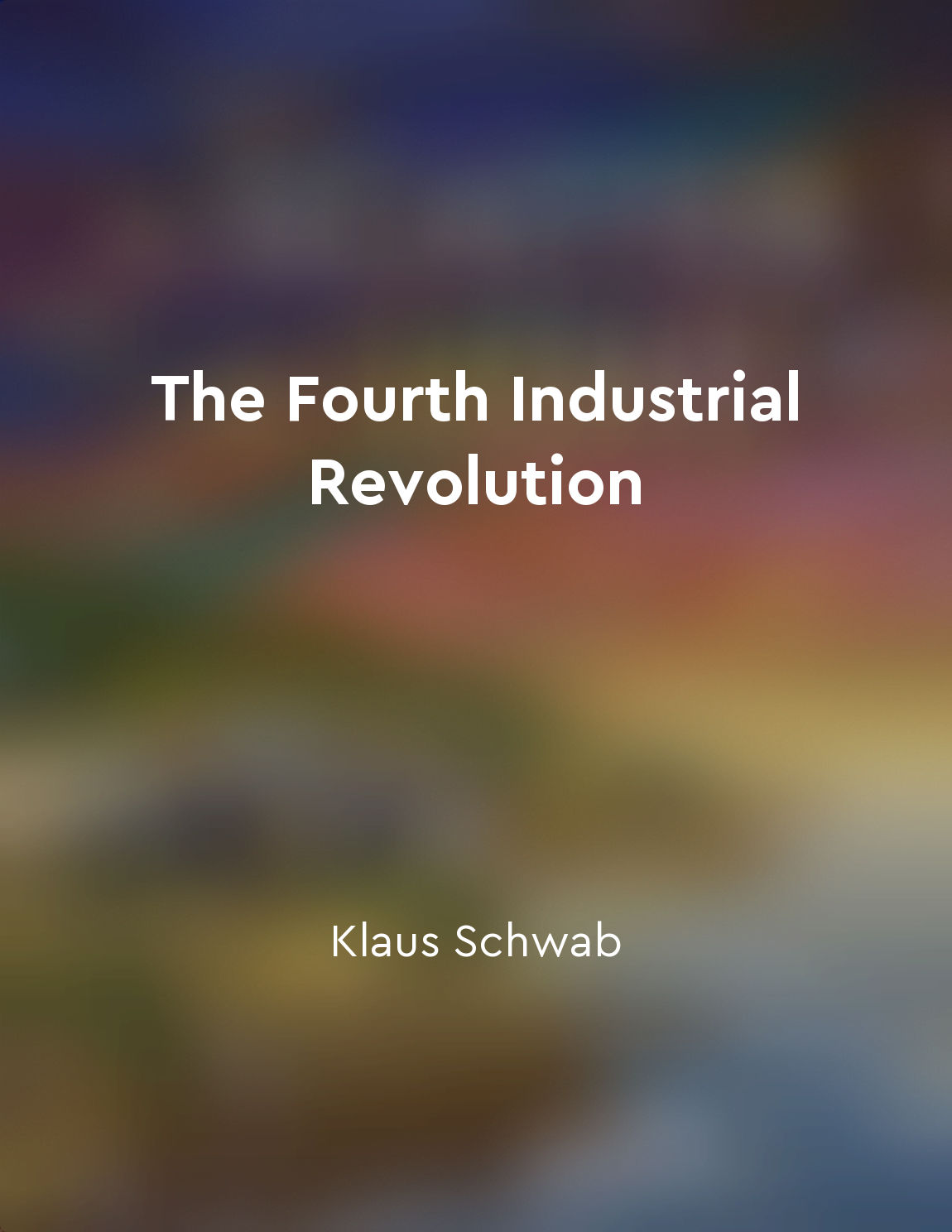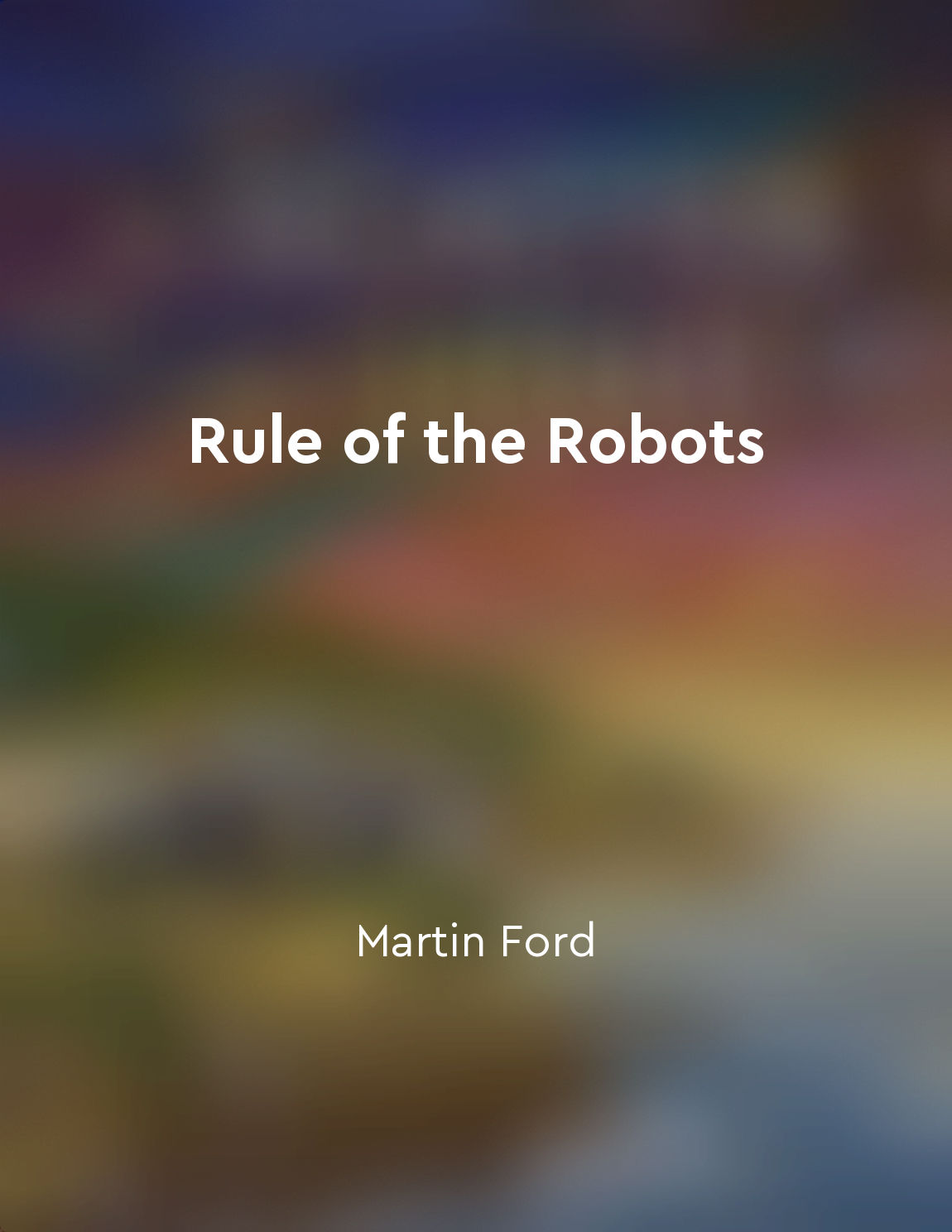The quest for utopia drives automation debates from "summary" of Automation and Utopia by John Danaher
The idea that automation could lead us to utopia is a powerful and seductive one. It suggests that we can create a world where all of our needs are met, where we are free to pursue our passions and interests without the burden of work. This vision of a utopian future is what drives many of the debates around automation. On one side of the debate are those who believe that automation will lead us to this utopia. They argue that by freeing us from mundane and repetitive tasks, automation will allow us to focus on more meaningful and fulfilling activities. This, they believe, will lead to a more creative, innovative, and harmonious society. On the other side of the debate are those who are more skeptical of the utopian vision. They worry that automation will lead to widespread job loss, inequality, and social unrest. They argue that without proper safeguards and regulations, the benefits of automation will only accrue to a privileged few, while the rest of society will be left behind. These debates are not just about the practical implications of automation. They are also about our values, our hopes, and our fears. They force us to confront difficult questions about what kind of society we want to live in, what we value most, and what we are willing to sacrifice in the pursuit of utopia.- The quest for utopia is what drives these debates. It is a quest that has been with us for centuries, inspiring philosophers, artists, and visionaries to imagine a better world. Automation is just the latest chapter in this ongoing quest, raising new possibilities and new challenges as we strive to create a future that is both efficient and equitable, innovative and inclusive.
Similar Posts
Machine intelligence can revolutionize education and learning
The application of machine intelligence in education has the potential to transform the way we teach and learn. By leveraging t...

Digital literacy is a fundamental skill in the Fourth Industrial Revolution
As we navigate the complexities of the Fourth Industrial Revolution, one thing becomes abundantly clear - digital literacy is n...
Natural resource management adjusts
Natural resource management adjusts to changing conditions in order to ensure sustainable use of resources for future generatio...

Artificial intelligence is making machines smarter and more capable
Artificial intelligence represents a significant leap forward in the capabilities of machines. By leveraging advanced algorithm...
The rise of populism and nationalism divided nations
Across the globe, the rise of populism and nationalism has been a defining trend in recent years. These ideologies have driven ...

The collaboration between humans and machines is transformative
The idea of collaboration between humans and machines is not a new concept. It has been explored in various fields such as arti...

The role of government in addressing job displacement is a topic of debate
The idea of the government's involvement in managing the impact of automation on jobs is a contentious issue. Some argue that t...
Companies must balance efficiency with ethical considerations
In the age of automation, companies find themselves at a crossroads where the pursuit of efficiency must be weighed against eth...
Automation can decrease emotional intelligence
While automation has undoubtedly brought about significant benefits in terms of efficiency and productivity, it also comes with...

